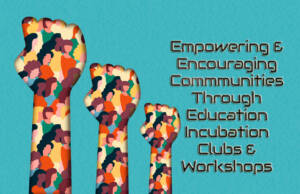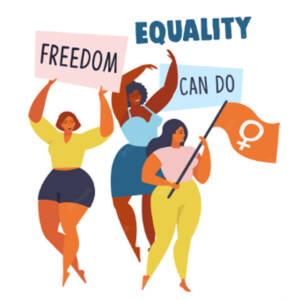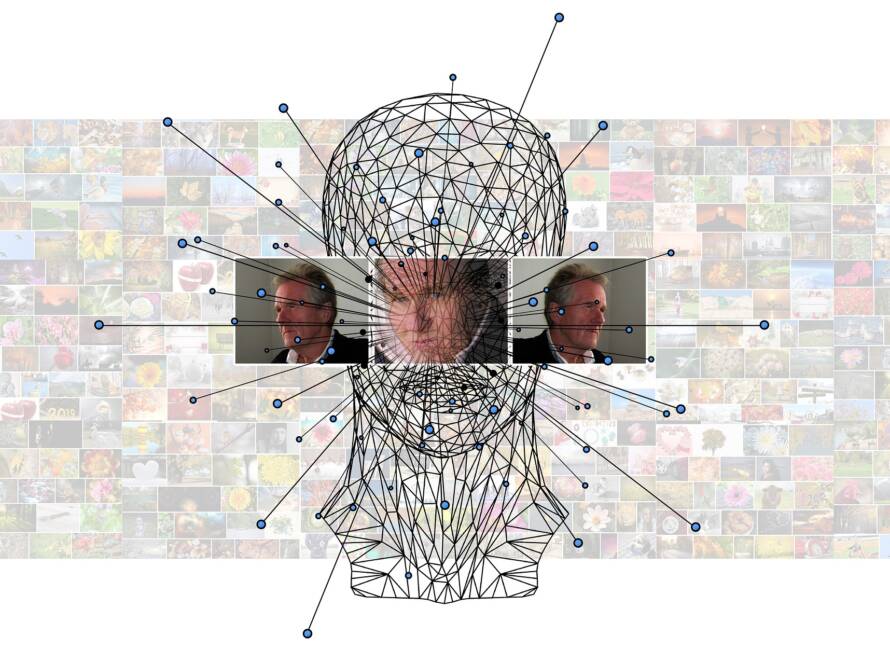Empowerment happens at multiple levels, when you empower someone, you are making them fell in control, better placed, more aware, better fit or financially tooled and trained. Basically it is about literally empowering (or providing) the one who is disadvantaged in something.
Empowerment happens at these levels:
1. Individual Empowerment:
To acknowledge ones inherited qualities, and motivating him to start believing his own powers to change his own circumstances. Someone start working on his own, set goals and targets for himself and start to achieve them with self motivation.
Empowerment is important because it can help individuals to improve their quality of life, increase their participation in society, and contribute to positive social change. When individuals are empowered, they are more likely to take an active role in shaping their own futures and the future of their communities.
2. Gender Empowerment:
It is about correcting the traditional imbalance of privileges, women being under privileged in most of the conservative societies than men and this imbalance needs to get corrected to bring about a positive change in the societal structure. Lift the morale of all genders including the transgenders in the society, bringing them on the same platform depending upon their acquired skills and qualities.
Gender empowerment involves addressing the root causes of gender inequality, such as discrimination, bias, and stereotypes, and creating an enabling environment that allows individuals to thrive.
Gender empowerment is essential for promoting social and economic development, reducing poverty, and achieving sustainable development. By empowering individuals of all genders, we can build a more just and equitable society that benefits everyone.
3. Social Empowerment:
Highly evolved societies too have a form of drift among them, be it because of the skin color in the western world or the castes in India. When we talk about the inclusive growth, these inequalities become our biggest weaknesses.
Social empowerment is essential for promoting social inclusion, reducing poverty, and achieving sustainable development. By empowering individuals and communities, we can build more resilient and cohesive societies that promote the well-being of all their members.
4. Educational Empowerment:
Education is power, if we need a society that is free from most the societal evils, we need to educate all. Find ways to provide free access to high quality education at all levels. Educational empowerment refers to the process of enabling individuals to acquire knowledge, skills, and competencies that allow them to participate fully in society and make informed decisions about their lives. Educational empowerment involves providing individuals with access to quality education, training, and lifelong learning opportunities.
Access to education, along with the reforms in education, updates curriculum, train the trainer programs, technical and vocational trainings, skill set development, making youth employable etc. all comes in the domain of educational empowerment.
Educational empowerment is essential for promoting social and economic development, reducing poverty, and achieving sustainable development. By empowering individuals through education, we can promote social inclusion, increase economic opportunities, and build more resilient and equitable societies.
5. Economic Empowerment:
People unaware of the financial tools are set to doom, economic empowerment means the understanding and awareness about the financial tools to sustain and survive. People are frightened of money, investment, business, financial market, share trading and even banking system because they do not understand either and nor they have tools to manage these themselves.
Economic empowerment refers to the process of enabling individuals to achieve greater economic independence and control over their own lives. It involves providing individuals with the knowledge, skills, resources, and opportunities they need to participate fully in the economy and improve their well-being.
Economic empowerment is essential for reducing poverty, promoting social inclusion, and achieving sustainable development. By empowering individuals through economic opportunities, we can promote greater economic independence, improve well-being, and build more resilient and equitable societies.


7. Psychological Empowerment:
Empathy all levels helps in achieving psychological empowerment. Biases thrown out of the window, redundant social norms eliminated and listening to people from different religions, races, colors, and castes helps eliminate biases and create a psychological balance in the society.
Psychological empowerment refers to the process of enabling individuals to develop a sense of personal control, self-efficacy, and motivation to take action towards achieving their goals. It involves providing individuals with the necessary resources, knowledge, and support to feel empowered and confident in their ability to make positive changes in their lives.
Psychological empowerment can take many forms, including:
-
Personal development: providing opportunities for personal development, such as coaching, mentoring, and skills training, to help individuals develop their skills, knowledge, and self-awareness.
-
Recognition and feedback: providing recognition and feedback to individuals for their contributions, successes, and achievements, to help build their self-esteem and confidence.
-
Supportive environment: creating a supportive and inclusive environment that encourages open communication, collaboration, and teamwork, and provides individuals with the resources and support they need to succeed.
-
Autonomy and decision-making: providing individuals with autonomy and decision-making authority over their work or projects, to give them a sense of control and ownership.
-
Goal-setting: encouraging individuals to set goals and create action plans to achieve them, and providing them with the necessary resources and support to accomplish their objectives.
Psychological empowerment is essential for promoting personal growth and development, increasing motivation and productivity, and achieving personal and organizational success. By empowering individuals psychologically, we can create a culture of self-efficacy, accountability, and achievement that benefits both individuals and organizations.
Choose a job you love, and you will never have to work a day in your life.
8. Cultural Empowerment:
Cultural empowerment refers to the process of enabling individuals and communities to preserve, promote, and celebrate their cultural heritage and identity. It involves providing individuals with the knowledge, skills, and resources they need to participate fully in cultural life and to preserve and transmit their cultural traditions and practices to future generations.
Cultural empowerment is essential for promoting cultural diversity, social inclusion, and sustainable development. By empowering individuals and communities culturally, we can build more resilient and inclusive societies that celebrate and value cultural diversity, and promote a sense of belonging and identity for all.
If people feel more confident and engaged in celebrating their cultures without prejudice, they will feel empowered. No invasion, colonization or threat of any kind on their clothing, eating, praying, dancing and music preferences make them comfortable.

If they are treated well, with respect and dignity within their working environment, they tends to feel empowered.
Organizational empowerment refers to the process of enabling individuals and groups within an organization to participate in decision-making processes, take ownership of their work, and be accountable for their actions. It involves creating a work environment that supports employee autonomy, collaboration, and creativity, and provides employees with the resources and support they need to succeed.
Organizational empowerment is essential for promoting employee engagement, motivation, and job satisfaction, and for creating a work environment that supports innovation and growth. By empowering individuals and groups within an organization, we can create a culture of accountability, collaboration, and innovation that benefits both employees and the organization as a whole.
10. Sexual empowerment:
Sexual empowerment refers to the process of enabling individuals to have control over their sexual lives, make informed choices about their sexual behavior, and express themselves sexually in a positive and healthy way. It involves providing individuals with the knowledge, skills, and resources they need to make informed decisions about their sexual health, and to assert their sexual rights and desires without fear of judgment or discrimination.
Sexual empowerment is essential for promoting sexual health, reducing the spread of STIs, and preventing unwanted pregnancies. By empowering individuals sexually, we can promote a culture of respect, consent, and open communication around sexual issues, and enable individuals to make informed choices about their sexual lives that are consistent with their values and desires.
They talk freely about their sexuality, their choice and likings and dislikes, they are not afraid to express as well as empowered, not to be intimidated, ever.
Other types of empowerment includes Community empowerment and physical empowerment.




